
A rapid growth in vaping and e-cigarettes use among teens is associated with increased risk of asthma, according to a new study.


A rapid growth in vaping and e-cigarettes use among teens is associated with increased risk of asthma, according to a new study.

These findings highlight the potential of dupilumab in improving lung function among children that are shown to have uncontrolled, moderate-to-severe type 2 inflammation asthma.

Boys who smoke in their early teens increase risk of their future children developing asthma, obesity, and low lung function, a study suggests.

Wildfire smoke exposure raises public health concerns after an increase of asthma-associated emergency visits.

Living in a neighborhood with better conditions is associated with lower asthma incidence, according to a new study.

Understanding the barriers experienced by older adults using mobile health tools highlights key areas for improvement and research efforts in telehealth.

A rapid sputum-based test can accurately identify the presence of white blood cells by tracking their protein signatures.
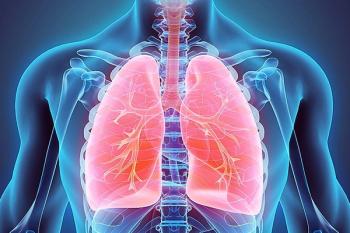
Patients with uncontrolled asthma had reduced symptoms and exacerbations with tezepelumab, according to a new study.
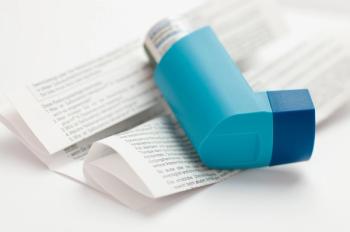
Most caregivers have common interests and preferences in programs and delivery methods for children with asthma, according to one study.
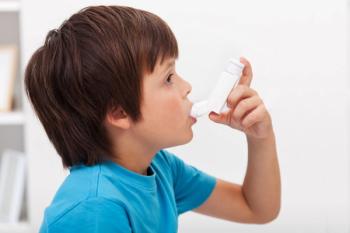
Pediatric asthma monitoring practices are performed generally the same worldwide, a study suggests.

School-based asthma education was found to be effective in increasing asthma knowledge both in those who have never received asthma education and those with prior knowledge, a study finds.
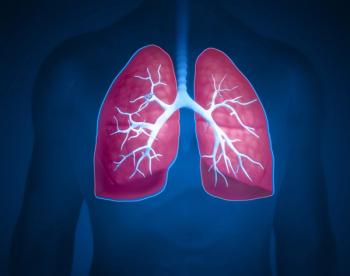
Percent recovery index may prove efficient in predicting poor asthma control and exacerbations in adults, a study suggests.

Microbiome traits are likely regulated by trichostatin A, nuclear factor-κB, and CCAAT/enhancer-binding protein (CEBP) in asthma exacerbations, a new study suggests
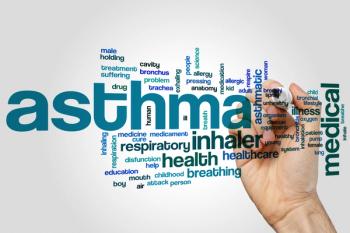
An analysis found that patients with uncontrolled severe asthma have a higher symptom burden compared with those whose severe asthma is controlled, highlighting the need for more innovative treatment options to improve asthma control.
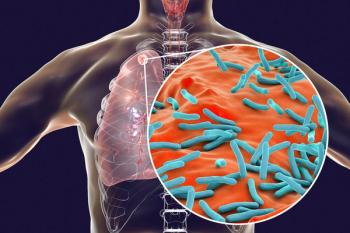
Data included in this analysis are from the Respiratory Health in Northern Europe study, and they include asthma status, asthma-like symptoms, and other respiratory symptoms.

A recent study found that depressive symptoms improved among patients with severe asthma who responded to monoclonal antibody (mAb) therapy, but baseline depression symptoms were associated with lower therapy response rates.

Multiple risk factors for uncontrolled asthma include racial and ethnic barriers, as well as health insurance status, according to one study.

Higher baseline blood eosinophil count was linked to improvement in asthma exacerbations and overall better outcomes seen with biologic therapies.

Women and children are the most susceptible to adverse asthma outcomes due to climate change, according to one study.
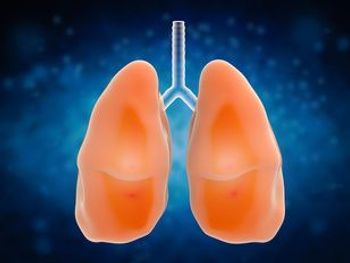
A new study found that adolescents with short-term exclusive cigarette use had a higher risk of incident asthma after 5 years of follow-up.

The prevalence of high metabolism scores for visceral fat, especially among sensitive populations, may be associated with a heightened asthma risk, according to one study.

Children with severe asthma who moved to better-resourced neighborhoods in Baltimore showed improvement of symptoms, according to a recent study.
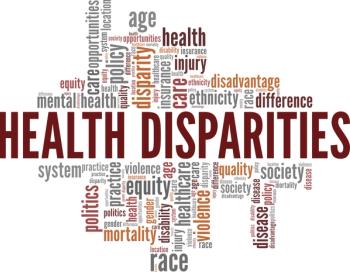
Health systems participating in the drug discount program did not have fewer disparities than hospitals not participating.
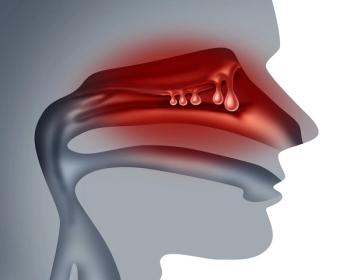
Chronic rhinosinusitis with nasal polyps (CRSwNP) and asthma are type 2 inflammatory conditions that frequently coexist, the with the latter increasing the symptom burden of the former

A positive association between asthma and overall cancer risk was found, according to this new study.

259 Prospect Plains Rd, Bldg H
Cranbury, NJ 08512
© 2025 MJH Life Sciences®
All rights reserved.
